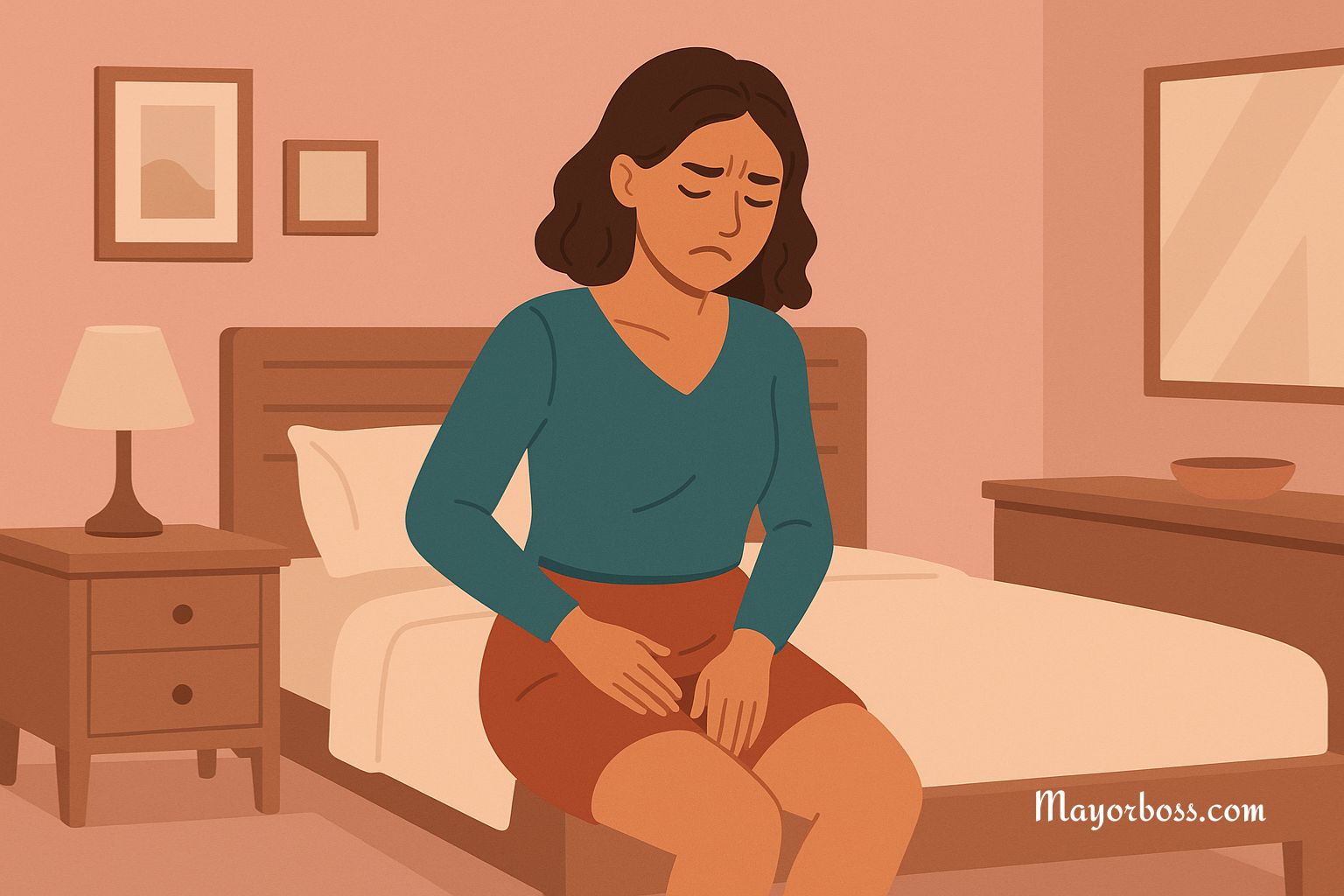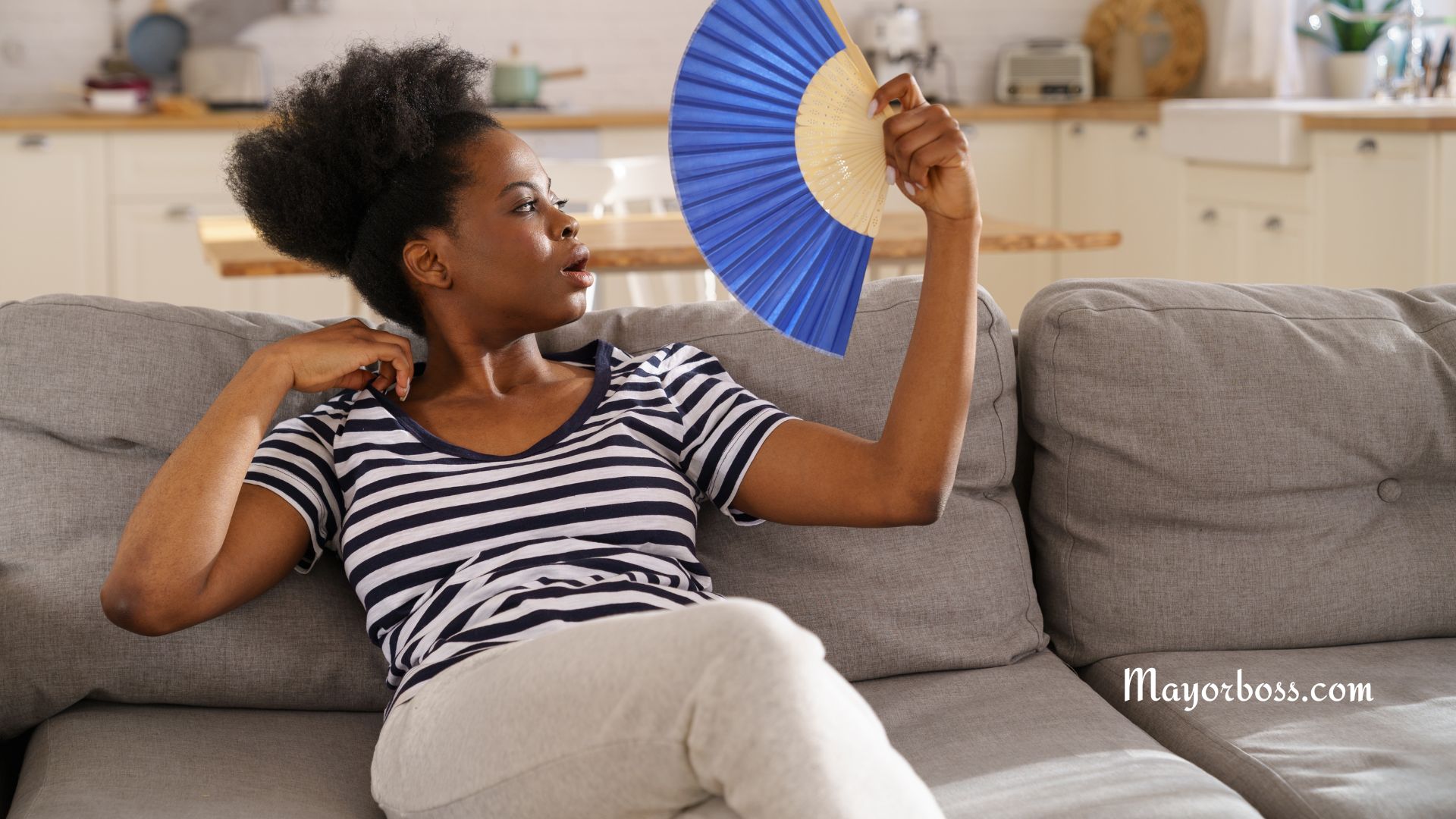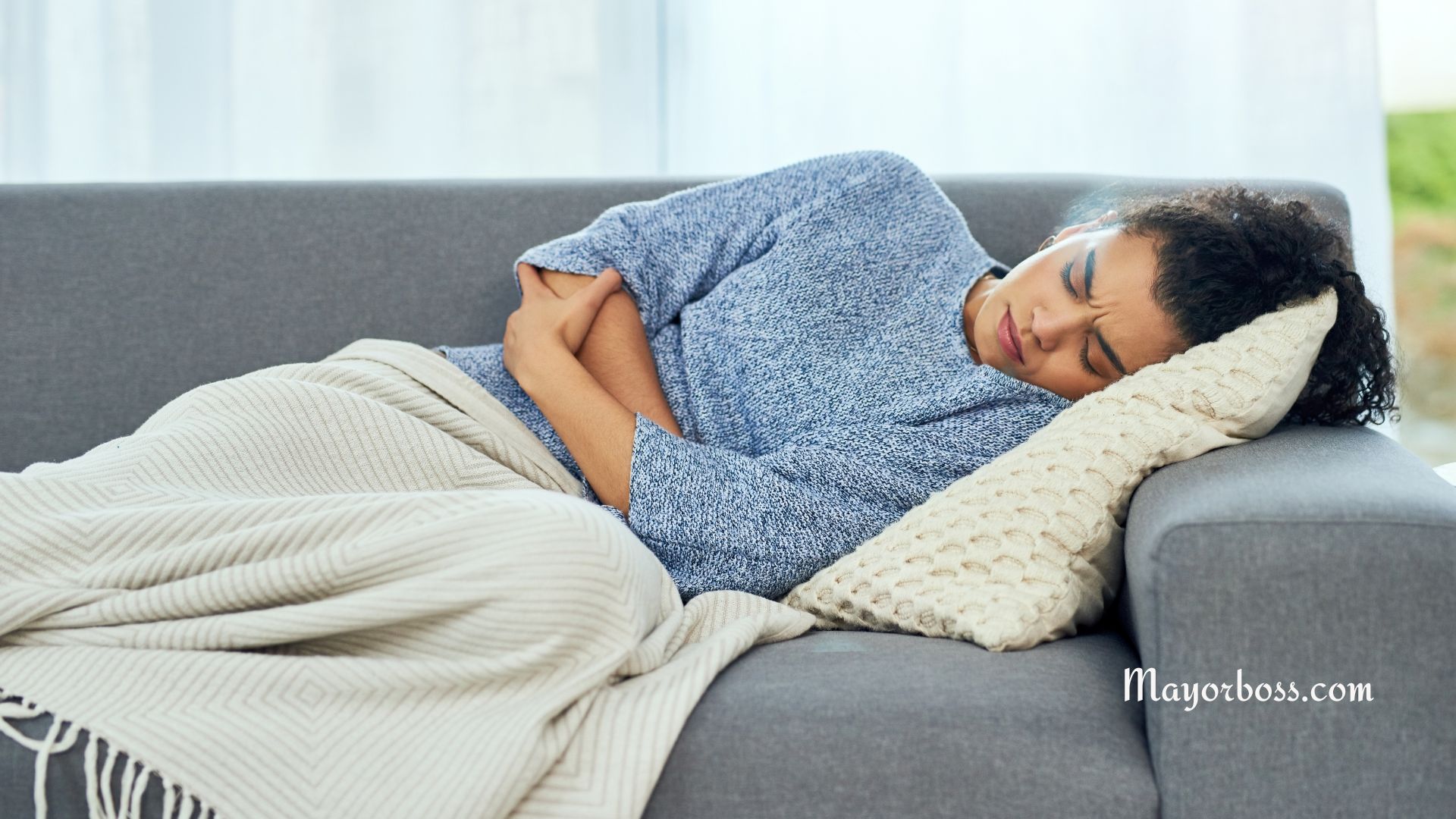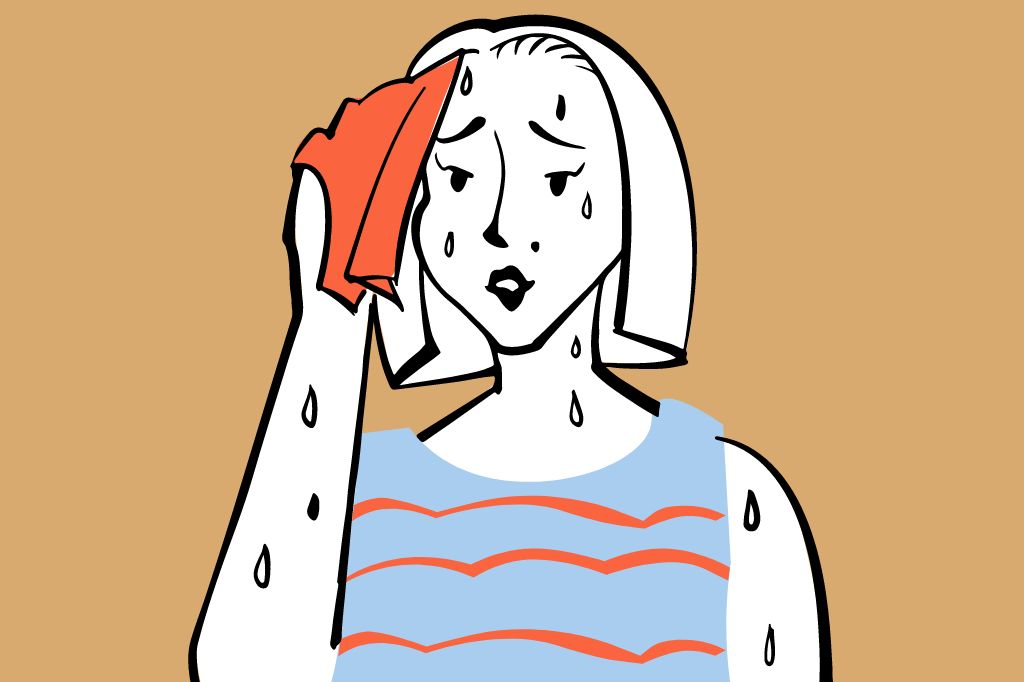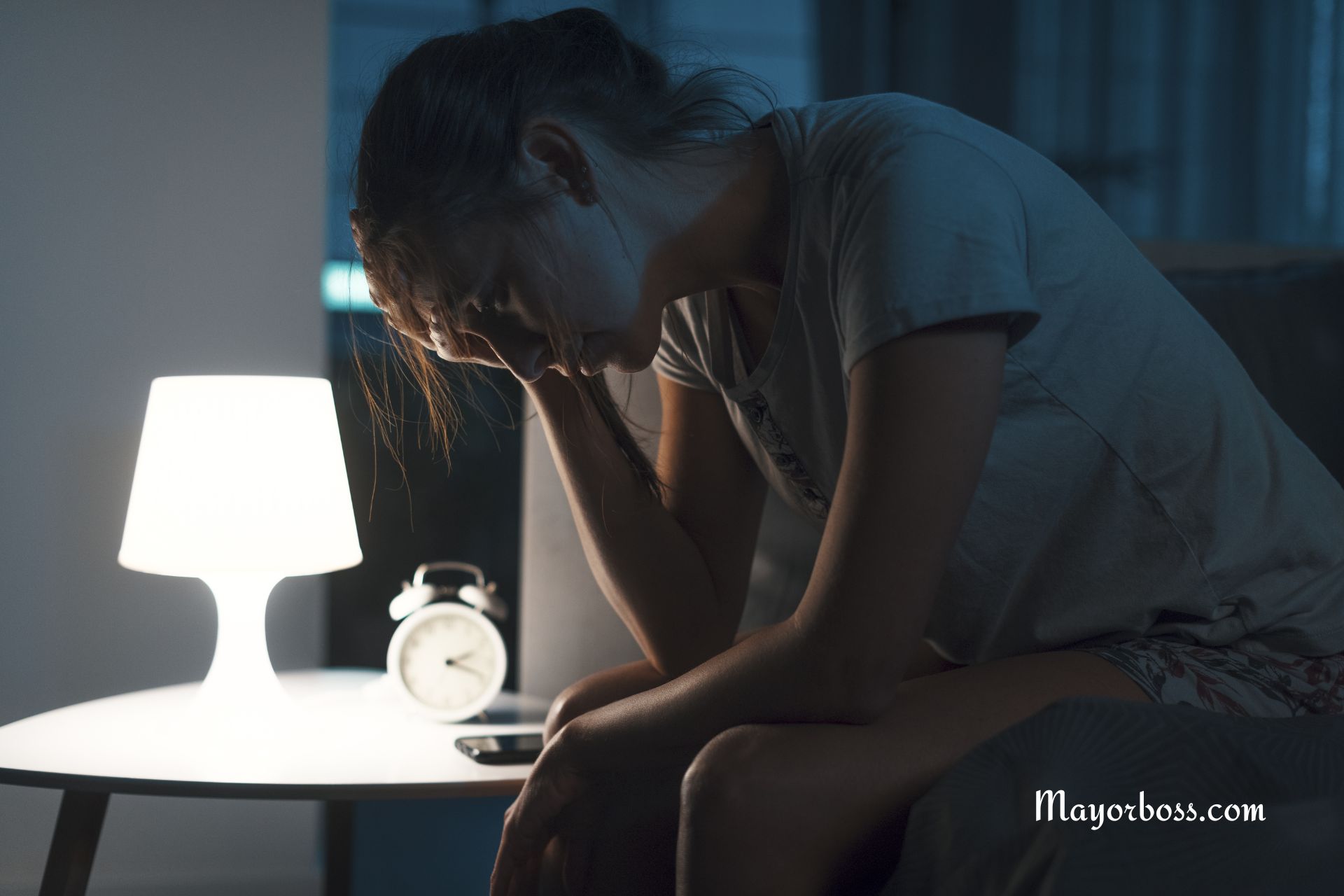What Do Period Cramps Feel Like?
If you’re asking yourself, “What do period cramps feel like?” you’re not alone. Many people wonder about this, especially if they haven’t started menstruating yet or if they experience unusual menstrual symptoms.
This article provides a detailed insight into menstrual cramps, what they feel like, and how they affect the body.
Key Takeaway
Period cramps, medically known as dysmenorrhea, usually present as a throbbing or cramping pain in the lower abdomen. The intensity and type of pain can differ widely among individuals, from mild discomfort to severe pain that can interfere with daily activities.
Understanding the Menstrual Cycle and Menstrual Cramps
In most cases, menstrual cramps occur due to the natural processes of the menstrual cycle.
The menstrual cycle, typically a 28-day cycle in women, involves various hormonal changes that prepare the body for a potential pregnancy.
If fertilization does not occur, the body sheds the lining of the uterus, which is known as menstruation or the menstrual period.
During menstruation, your uterus contracts to help expel its lining.
These contractions are triggered by hormone-like substances, known as prostaglandins, involved in pain and inflammation, which reach higher levels during menstruation. As a result, the increased uterine muscle contractions can cause pain and inflammation.
What Do Period Cramps Feel Like?
Typically, period cramps feel like a throbbing or cramping pain in the lower abdomen, which may come and go or remain consistent.
Some people describe it as a dull, continuous ache. The pain can also radiate to the lower back and inner thighs.
Period cramps often start a day or two before menstruation, peak after 24 hours, and gradually subside over the next two to three days.
Although, in some cases, the cramps may last throughout the entire duration of the period.
Additional Symptoms Accompanying Period Cramps
Interestingly, period cramps are not the only discomfort that people may experience during their menstrual period. It’s common to experience additional symptoms such as:
- Nausea: Some individuals may feel nauseated during their period, mainly when the cramps are severe.
- Loose Stools: Periods can also lead to changes in bowel movements due to the release of prostaglandins, which can also target the bowels and cause contractions, leading to loose stools or diarrhea.
- Headaches and Dizziness: Changes in hormone levels can trigger headaches and feelings of lightheadedness or dizziness.
- Sweating and Hot Flashes: Hormonal fluctuations can also cause alterations in body temperature, leading to increased sweating or hot flashes.
The severity of Menstrual Cramps
It’s important to note that the severity of menstrual cramps can vary significantly from person to person. Some individuals might barely notice the pain, while others may find the discomfort severe enough to interfere with everyday activities.
When to Seek Medical Attention
While mild to moderate menstrual cramps are usually not a cause for concern, there are instances when it might be necessary to seek medical attention.
For instance, if menstrual cramps are severe enough to interfere with daily activities, a consultation with a healthcare provider is advised.
Moreover, if menstrual cramps suddenly change – for example, if they become significantly more painful or longer-lasting than usual – this might signal an underlying medical condition.
Conditions like endometriosis, Polycystic ovary syndrome (PCOS), pelvic inflammatory disease, and uterine fibroids can cause more severe menstrual cramps.
Final Thoughts
Menstrual cramps often feel like a throbbing or cramping pain in your lower tummy and can range from a mild ache to severe discomfort. They might be accompanied by other symptoms like nausea, loose stools, headaches, and hot flashes.
However, it’s important to remember that the severity and experience of menstrual cramps can vary widely among individuals.
If you’re experiencing severe or prolonged menstrual cramps, don’t hesitate to see a gynecologist.
There are many treatments available that can help manage menstrual pain effectively and improve your quality of life during your period.
Further Reading: 7 Herbs That Can Reduce Menstrual Pain

